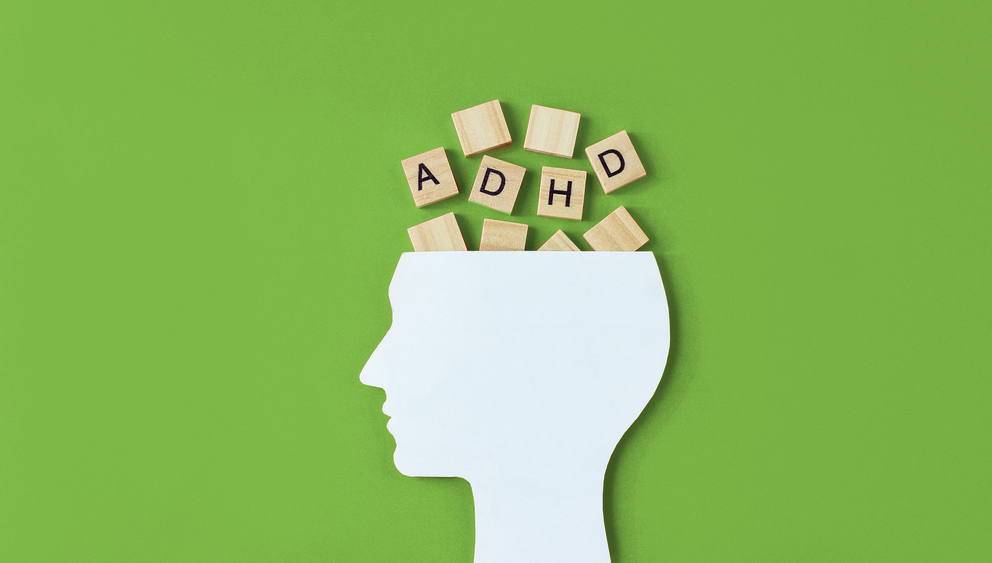Attention-deficit hyperactivity disorder, or ADHD, is one of the most frequently diagnosed mental disorders in children, but adult diagnoses are becoming more common. With the increase of information available online and recent social media trends about this disorder, more people are asking the question, “Do I have ADHD?” While symptoms are fairly straightforward, determining if someone has this condition is often more complex than people think.
What is ADHD?
ADHD is a neurodevelopmental disorder, meaning it affects how a person’s brain develops and functions. This condition affects multiple areas of life, including school, work, social activities, relationships, and daily functioning. If left untreated, this disorder can be debilitating, making it challenging for a person to maintain their responsibilities. Adults with undiagnosed or untreated ADHD may have an altered self-concept, heightened sensitivity, and increased self-criticism1.
ADHD Symptoms
Perhaps the most important information for someone who is trying to determine if they have ADHD is knowing what symptoms to look out for. There are three main types of ADHD: predominantly inattentive, predominantly hyperactive or impulsive, and combined presentation. Specific signs of inattention include:
- Inability to focus for extended periods
- Lack of attention to detail
- Difficulty organizing tasks
- Easily distracted
- Frequently loses important items, forgets daily tasks
Symptoms of hyperactivity include:
- Constant fidgeting
- Inability to sit still for reasonable periods of time
- Excessive talking and frequent interruptions
- Difficulty waiting (in lines, conversations, for events to begin)
This is not an all-inclusive list of symptoms nor should it be a primary source for someone seeking a diagnosis. While this information can be helpful, those who use the information they find online to diagnose themselves often develop anxiety, resulting in cyberchondria.
ADHD and Addiction
ADHD and substance use disorders co-occur most commonly due to the overlap in how these disorders arise. Both diagnoses are related to impulse control and decision-making. As a result, those with ADHD are more likely to develop an addiction. Medication for attention-deficit hyperactivity disorder can also be addictive. Those who take these prescriptions regularly can become dependent on them, making it more likely that they will become addicted. This can make treating both disorders challenging.
Dual Diagnosis Treatment at HVRC
At Hemet Valley Recovery Center, we understand the difficulty of managing a mental health condition alongside a substance use disorder. That’s why our staff are trained in dual diagnosis care. Our evidence-based treatment methods provide individualized support within a community of other people in recovery. We offer different levels of care to meet each person’s specific needs and have specialized programs for young adults, adults, and older adults. If you’re looking for more intensive and personalized treatment for your addiction, contact our rehab center today.
Reference:
1. Beaton DM, Sirois F, Milne E (2022) Experiences of criticism in adults with ADHD: A qualitative study. PLOS ONE 17(2): e0263366. https://doi.org/10.1371/journal.pone.0263366


